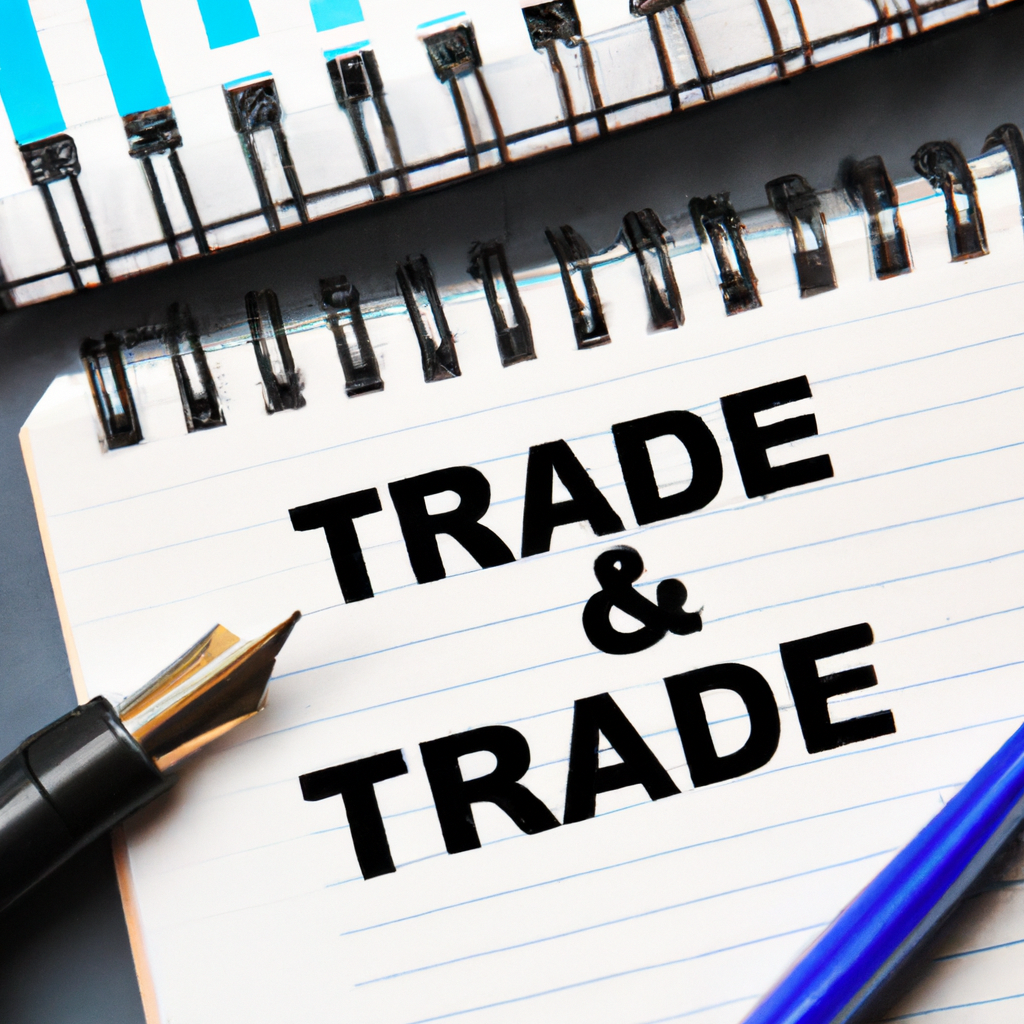
Exploring Current Trends in Global Trade Finance
Global Trade Finance Trends
Introduction
In today’s interconnected world, global trade finance plays a crucial role in facilitating international trade and commerce. With the ever-evolving landscape of trade finance, it’s important to stay updated on the latest trends shaping the industry.
Digital Transformation
The digital transformation of trade finance is one of the key trends shaping the industry. With the rise of technologies such as blockchain, artificial intelligence, and machine learning, trade finance processes are becoming more efficient, transparent, and secure.
Blockchain Technology
Blockchain technology is revolutionizing trade finance by providing a secure and tamper-proof platform for transactions. It enables real-time tracking of goods, reduces the risk of fraud, and streamlines the entire trade finance process.
Artificial Intelligence
Artificial intelligence is being used in trade finance for credit scoring, risk assessment, and fraud detection. AI-powered algorithms can analyze vast amounts of data to provide valuable insights and improve decision-making processes.
Sustainability and ESG
Sustainability and environmental, social, and governance (ESG) factors are becoming increasingly important in global trade finance. Companies are under pressure to adopt sustainable practices and demonstrate their commitment to ESG criteria.
Green Trade Finance
Green trade finance is gaining traction as companies seek financing for sustainable projects and initiatives. Financial institutions are offering specialized products and services to support environmentally friendly trade practices.
ESG Compliance
ESG compliance is becoming a prerequisite for accessing trade finance. Companies are expected to adhere to ESG standards and disclose their sustainability performance to attract investors and lenders.
Supply Chain Resilience
The COVID-19 pandemic has highlighted the importance of supply chain resilience in global trade finance. Companies are reevaluating their supply chain strategies to mitigate risks and ensure business continuity.
Diversification of Suppliers
Companies are diversifying their supplier base to reduce dependency on a single source and minimize supply chain disruptions. This trend is reshaping trade finance practices and driving the demand for flexible financing solutions.
Supply Chain Finance Programs
Supply chain finance programs are being implemented to optimize working capital, improve cash flow, and strengthen relationships with suppliers. These programs enable companies to access affordable financing and support their supply chain partners.
Conclusion
Global trade finance is evolving rapidly, driven by digital transformation, sustainability initiatives, and supply chain resilience. To stay competitive in the global marketplace, companies need to adapt to these trends and leverage innovative solutions to enhance their trade finance operations.

